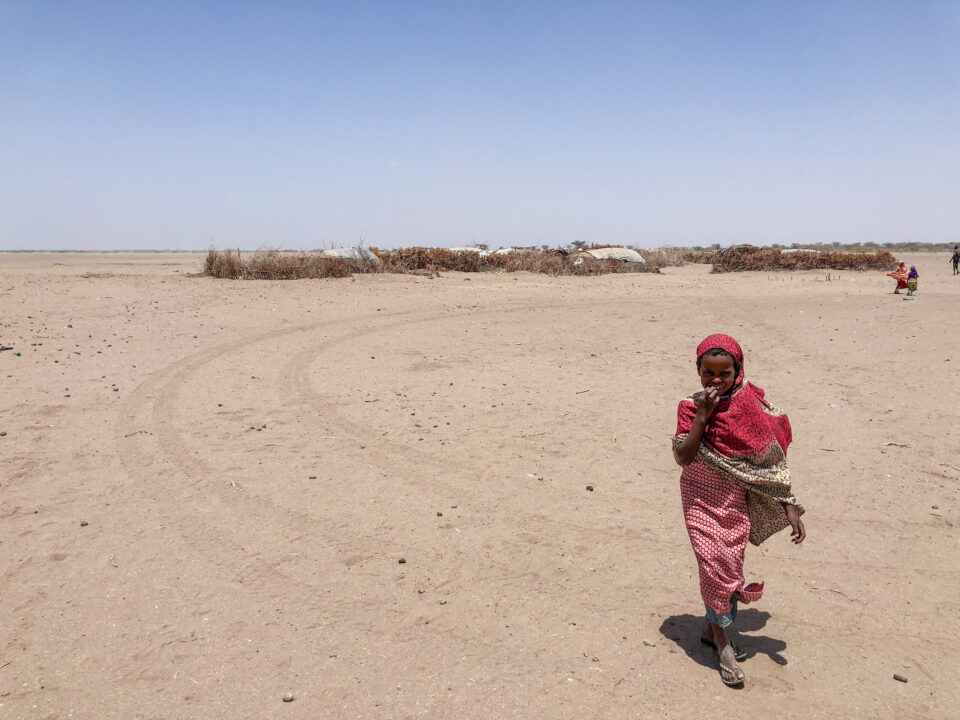Addis Abeba, April 05/2021 –
Some 2.1 million people across 74 Woredas in Somali Region require humanitarian assistance as a result of drought, according to the Regional Disaster Risk Management Bureau (DRMB), the UNOCHA said.
Dawa, Liban, Afdher and Shabelle are the most affected Zones followed by Sitiand Jarar Zones. Traditional water sources have dried and there are limited functional water schemes/boreholes in the affected areas.
#ONLF informs the PM @AbiyAhmedAli, President Mustafe & the #UN agencies in #Ethiopia, that unless urgent intervention is taken within this
week, many people in the #Somalistate will die of thirst. The livestock is already dying. #VOA #BBC #ICRC pic.twitter.com/Yj5Dayh87P
On April 02, the oppostion Ogaden National Liberation Front (ONLF) said
“unless urgent intervention is taken within this week, many people in the Somali State will die of thirst. The livestock is already dying.”
Sitti Zone livestock resource bureau head Elias Adem on his part said the drought has severly affected various woreds and is causing the death of livestock including goats.
Dr. Abdulfetah Sheik Bihi, Somali region DRMB head, also confirmed that more than two million people are being affected by the drought which has spread over all the elevn zones of the regional state. Sitti Zone livestock resource bureau head Elias Adem on his part said the drought has severly affected various woreds and is causing the death of livestock including goats.
According to the UNOCHA, “at least $65.5 million is required to cover all identified needs, of which $16.4 million is required for WaSH interventions. The overall response currently is limited to water trucking and rehabilitation of non-functional water schemes.”
Between January and March, humanitarian partners (UNICEF, Save the Children International, local NGO OWDA, Mercy Corps and ACF) have reached 257,892 people with water truckingsupport, representing 13 per cent of the total needs, while the Regional Government has allocated ETB 20million(~$479,000) for fuel and maintenance of water trucks. WaSH actors are rehabilitating 28 non-functional water schemes in different zones. Additional resources are required to urgently provide water trucking in all the 74 prioritized woredas and to rehabilitate all 95 non-functional boreholes/water schemes.
Via Addis Standard

